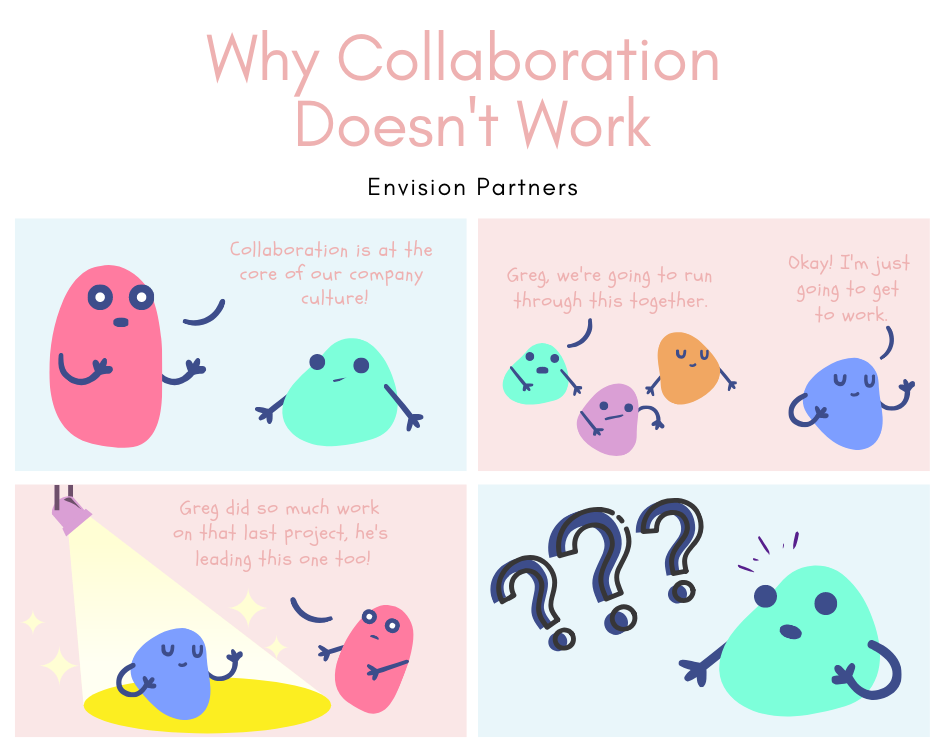Let’s Talk About Employee Engagement
We often try to measure employee engagement by numbers. Is a numerical measure useful? Does a 7 out 10 mean the same to each person? What does a 1-point increase on a 10-point scale really mean? For something like employee engagement, I’d rather not rely on using a statistical model to determine if there is a significant difference. Unless it’s a company-wide survey, we don’t have a large enough population. More importantly, why do we need to have a number? Would we be satisfied with any score less than a 10 on that scale?
As a mid-level manager, we can rely on subjective and non-numerical data, and secondly, we want to know if employees are engaged not how much they are engaged. Can there be too much engagement?
I gathered 10 employee engagement questions from the Gallup Q12 program for reflection. These questions are about activities that support employee engagement, not really measures of employee engagement per se. For most of these, you should not have to ask your own team member if these activities are happening. You should know for yourself because most of them involve you. Therefore, I suggest that you try answering these questions for each one of your employees.
Two possible outcomes will happen when you try to answer each question for yourself: 1) You’ll be able to answer the question, and that answer will tell you what to do next, or 2) you won’t be able to answer the question, and that inability to answer the question should also tell you what to do next– talk to your employee and ask them.
- I know what is expected of me at work. If you are not sure how an employee will answer that question, then you have some obvious work to do.
- I have the materials and equipment I need to do my work right. This answer should probably come from the regular 1:1 conversations when you ask something like, “What can I do to support you?”
- I have the opportunity to do what I do best every day. An answer to this question requires the employee knows what they are best at doing, and that you’ve asked. This conversation probably should have happened at the hiring stage, and good to have at least twice a year.
- In the last seven days, I have received recognition or praise for doing good work. This is an action that supportsengagement, and it is one that you should be able to answer yourself.
- My supervisor seems to care about me as a person. Do you? And how would they know?
- There is someone at my work who encourages and supports my development. That means more than putting it on the annual development plan. Should we need to ask employees this question?
- At work, my opinions seem to count. That’s a perception question that might need to be asked.
- The mission or purpose of my company makes me feel my job is important. Wouldn’t it be great to know why your employees come to work everyday?
- My fellow employees are committed to doing quality work. Do you support an environment that allows team members to hold each other accountable?
- In the last six months, someone has talked to me about my progress. Ouch, 6 months? In the last 6 weeks is a little long. When was the last time you checked in on progress?
Take this effort seriously. List all of your employees and write your responses to these questions. If you have blanks, ask them for help to complete the table, and even ask them the questions to which you think you know the answer to verify your perceptions.











